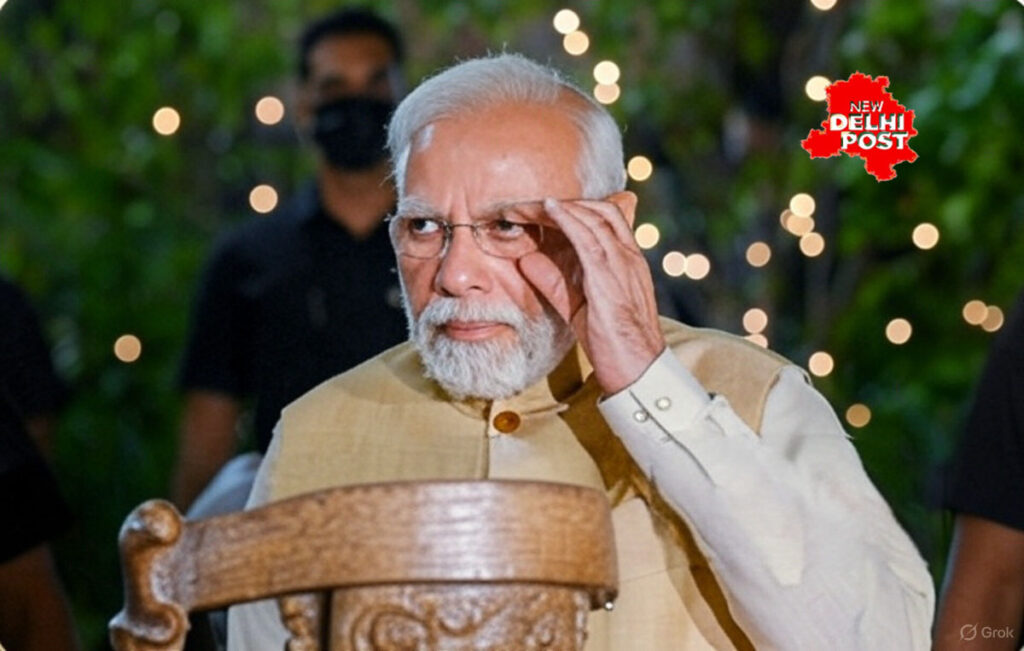Prime Minister Narendra Modi reaffirms his government’s commitment to enhancing farmer prosperity, spotlighting transformative agricultural initiatives as the administration nears its 11th anniversary.
New Delhi: Prime Minister Narendra Modi on Saturday emphasized that his government’s efforts over the past 11 years have significantly uplifted farmers’ livelihoods and revolutionized Indian agriculture. In a post on X, he highlighted the focus on critical areas like soil health and irrigation, which have driven prosperity in rural India. Modi assured that initiatives for farmer welfare would intensify in the coming years, underscoring the government’s dedication to the agricultural sector.
Transformative Agricultural Reforms
Modi noted that farmers previously struggled with loans for basic needs, a burden his administration has alleviated through targeted schemes. Key measures include the PM-KISAN scheme, providing annual cash assistance of ₹6,000 to eligible farmers, and the PM Fasal Bima Yojana, a crop insurance program safeguarding against losses. Since its launch in 2016, PM-KISAN has disbursed over ₹3.2 lakh crore to more than 11 crore farmers, as per government data. The Fasal Bima Yojana has covered 36 crore farmer applications, offering financial security during natural calamities.
Focus on Sustainability and Innovation
The government’s emphasis on soil health has been bolstered by the Soil Health Card scheme, launched in 2015, which has distributed over 23 crore cards to help farmers optimize fertilizer use. Irrigation infrastructure has also seen a boost, with projects like the Pradhan Mantri Krishi Sinchayee Yojana aiming to ensure “per drop, more crop.” A 2024 study by the Indian Council of Agricultural Research (ICAR) found that these initiatives have increased crop yields by 15-20% in water-scarce regions. Additionally, the promotion of organic farming and agri-tech startups has empowered farmers with modern tools and sustainable practices.
Voices from the Ground
Union Agriculture Minister Shivraj Singh Chouhan echoed Modi’s sentiments, stating, “Our farmers are the backbone of India’s economy. The Modi government’s policies have not only ensured financial stability but also opened global markets for their produce.” Farmer leader Rakesh Tikait, however, urged for more direct market access and better minimum support prices (MSP), reflecting ongoing demands in the sector. The government’s recent hike in MSP for key crops like wheat and paddy for the 2025-26 season aims to address such concerns, with wheat MSP rising by 6.6% to ₹2,425 per quintal.
Looking Ahead
As the Modi government approaches its 11th anniversary on June 9, the prime minister’s focus on agriculture signals continued priority for rural development. Upcoming plans include expanding drone technology for precision farming and strengthening Farmer Producer Organizations (FPOs) to enhance collective bargaining power. With India’s agricultural exports reaching $50.2 billion in 2024, according to the Ministry of Commerce, these efforts aim to position Indian farmers as global competitors.


